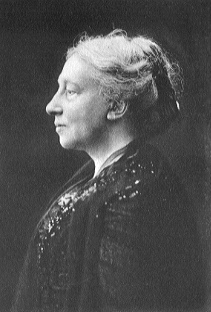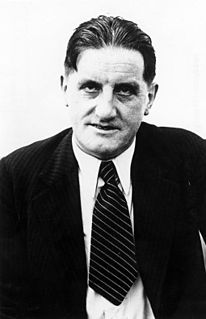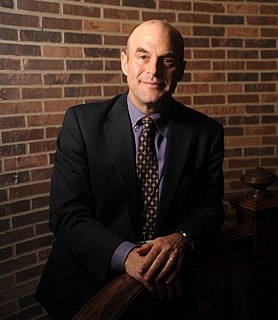A Quote by Alexis de Tocqueville
He [Napoleon] was as great as a man can be without morality.
Related Quotes
He was a foe without hate; a friend without treachery; a soldier without cruelty; a victor without oppression, and a victim without murmuring. He was a public officer without vices; a private citizen without wrong; a neighbor without reproach; a Christian without hypocrisy, and a man without guile. He was a Caesar, without his ambition; Frederick, without his tyranny; Napoleon, without his selfishness, and Washington, without his reward.
Everywhere the tendency has been to separate religion from morality, to set them in opposition even. But a religion without morality is a superstition and a curse; and anything like an adequate and complete morality without religion is impossible. The only salvation for man is in the union of the two as Christianity unites them.
Many a man renounces morals, but with great difficulty the conception, 'morality.' Morality is the 'idea' of morals, their intellectual power, their power over the conscience; on the other hand, morals are too material to rule the mind, and do not fetter an 'intellectual' man, a so-called independent, a 'freethinker.'
Napoleon: You have written this huge book on the system of the world without once mentioning the author of the universe. Laplace: Sire, I had no need of that hypothesis. Later when told by Napoleon about the incident, Lagrange commented: Ah, but that is a fine hypothesis. It explains so many things.
Man can learn self-discipline without becoming ascetic; he can be wise without waiting to be old; he can be influential without waiting for status. Man can sharpen his ability to distinguish between matters of principle and matters of preference, but only if we have a wise interplay between time and truth, between minutes and morality.






































